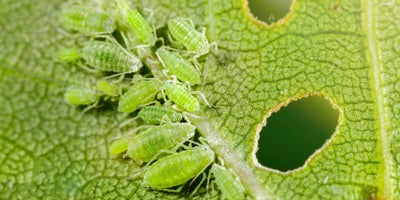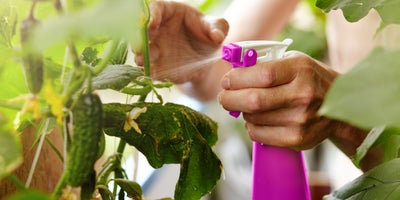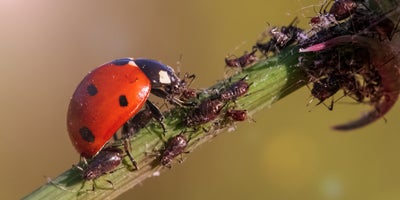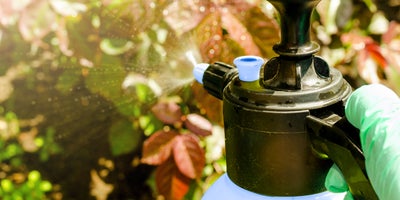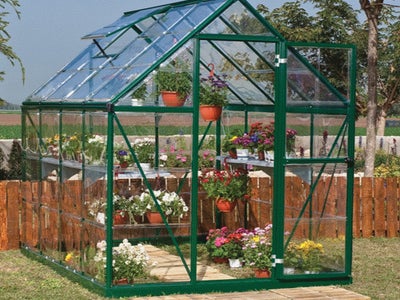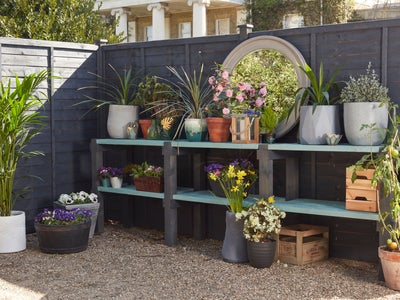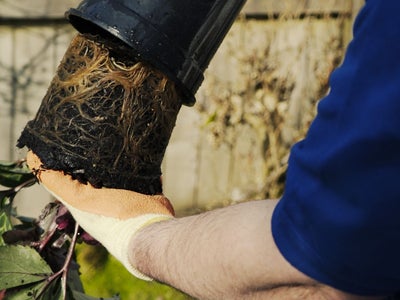Avoiding aphids
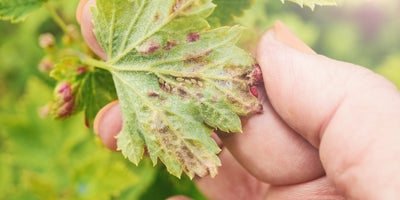
Regularly checking your plants and crops for pests, such as aphids, is crucial to maintaining a healthy and bountiful garden. It’s around this time of year that they’re the most active, and unchecked infestations can quickly spread and cause irreparable damage. This can ultimately result in a failed harvest or even the loss of the entire garden. In addition, pests can quickly adapt and become resistant to treatments, making it even more difficult to control infestations in the future. By taking preventative measures and regularly inspecting your plants, you can catch any issues early on and take immediate action, increasing your chances of a successful and abundant harvest.
Shop the Range
